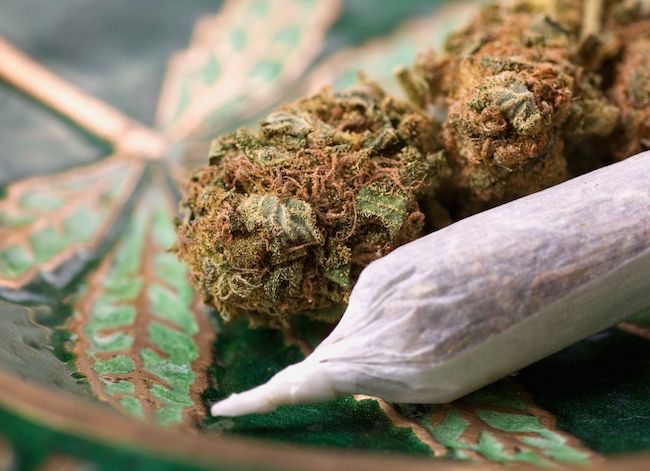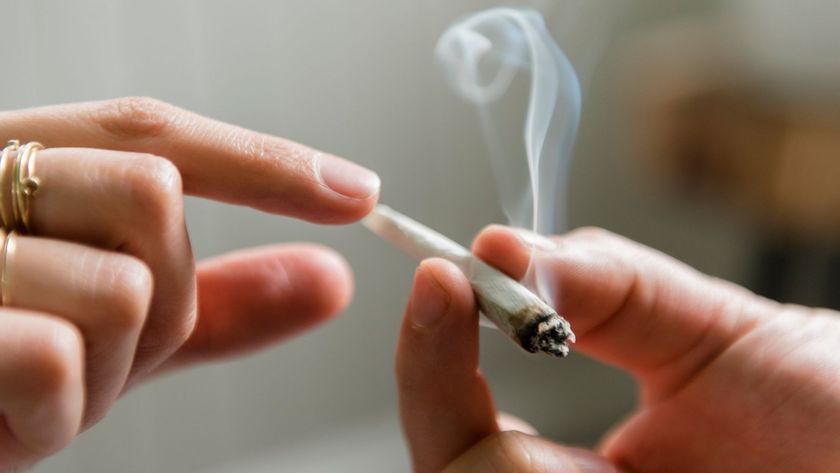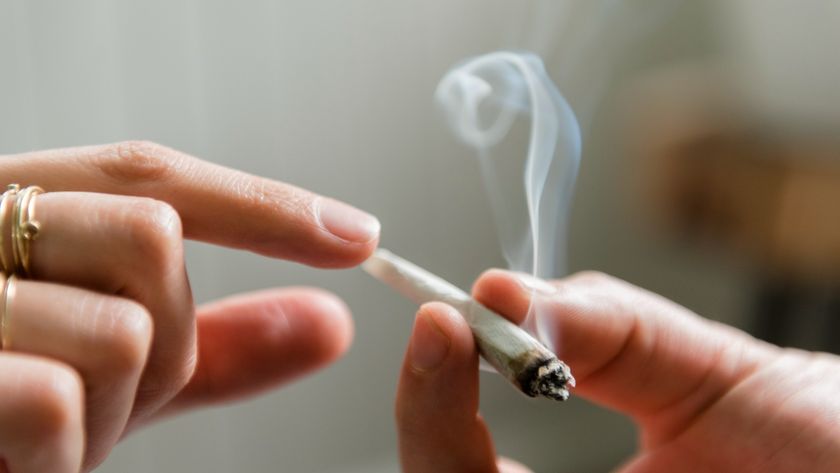Middle Schoolers' Views on Pot May Forecast Later DUIs

Kids who have positive views of marijuana in sixth grade may be at increased risk of driving while intoxicated when they reach high school, a new study suggests.
Researchers surveyed more than 1,000 middle schoolers in Southern California about their use of alcohol and marijuana, and their views of these drugs. Participants were surveyed first when they were 12 years old, and again at age 14.
Then, when the kids were 16 years old and in high school, they were asked how often they had driven a vehicle after drinking alcohol or using drugs (also called "driving under the influence"), and how often they had ridden in a car with someone who was driving under the influence.
The researchers found that one of the biggest risk factors for driving under the influence or riding with an intoxicated driver in high school was not middle school drug use per se. Rather, the bigger risk factor was middle schoolers' views about drugs. Sixth graders who had positive views about marijuana (for example, agreeing that it relaxes you) were 63 percent more likely to report driving under the influence or riding with an intoxicated driver in high school, compared with those who had less-positive views of the drug.
The finding "highlights the need to address these types of beliefs as early as sixth grade," the researchers, from the RAND Corporation, wrote in the Oct. 5 issue of the journal Pediatrics. [The Drug Talk: 7 New Tips for Today's Parents]
The researchers also found that, as teens got older, the use of alcohol and marijuana by their peers and family members had a stronger influence on their risk of driving under the influence or riding with an intoxicated driver.
For example, the kids who said at age 14 that their friends often used marijuana were about twice as likely to say they drove under the influence or had ridden with an intoxicated driver in high school. That's compared to those whose friends did not often use marijuana at age 14.
Sign up for the Live Science daily newsletter now
Get the world’s most fascinating discoveries delivered straight to your inbox.
"Given that perceptions of harmfulness and disapproval of marijuana are declining, and [young people] view marijuana use as less dangerous than drinking, we must begin to address how changing views of marijuana might increase risk for not only marijuana use, but other behaviors," such as driving under the influence of marijuana, the researchers wrote in their study.
Older middle school students who said they had used alcohol in the past month were also twice as likely to report driving under the influence or riding with an intoxicated driver in high school, compared with those who hadn't used alcohol in the past month. In high school, alcohol use is a well-known predictor of driving under the influence, the researchers said.
"Prevention programs must not only focus on individual use, but must also address beliefs that youth have about [alcohol and marijuana] use, as these beliefs develop early on from peers, parents and media and are strongly related to use," the researchers concluded.
The researchers noted that they grouped alcohol and marijuana together when they asked about driving under the influence. Future studies should ask about the two substances separately, the researchers said.
In addition, the study found only an association, and cannot prove that positive beliefs about marijuana in middle school are directly related to driving under the influence in high school.
Previous studies have found that people who reported driving within 3 hours of using marijuana were more than twice as likely to be involved in a car crash compared to other drivers. Some states, such as Colorado, have set a legal limit for the amount of tetrahydrocannabinol (THC), the active ingredient of marijuana, that drivers can legally have in their blood.
A study published in January of this year found that half of teens and young adult drivers who died in car crashes were under the influence of marijuana, alcohol or both.
Follow Rachael Rettner @RachaelRettner. Follow Live Science @livescience, Facebook & Google+. Original article on Live Science.

Rachael is a Live Science contributor, and was a former channel editor and senior writer for Live Science between 2010 and 2022. She has a master's degree in journalism from New York University's Science, Health and Environmental Reporting Program. She also holds a B.S. in molecular biology and an M.S. in biology from the University of California, San Diego. Her work has appeared in Scienceline, The Washington Post and Scientific American.












